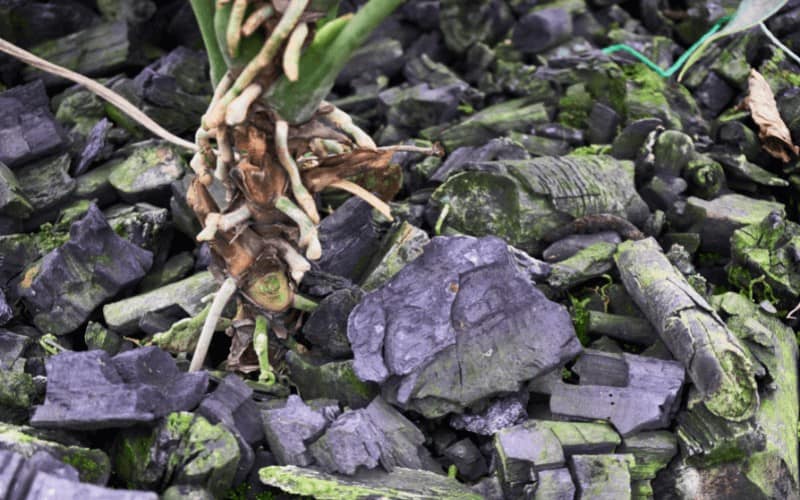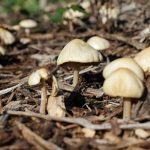Which should you use between horticultural charcoal vs activated charcoal? That's exactly what you're about to find out!
The demand for charcoal has become high and a relatable amount of them are proven to be better than others.
Horticultural charcoal and activated charcoal would be recommended for different purposes because both have great benefits over others charcoals and would produce great results when used.
However, there's a thin line that distinguishes them as a result of their similarities and this might make choosing one over the other somewhat difficult.
This guide will provide some valuable information for you to know what to look out for when choosing between horticultural charcoal and activated charcoal.
Table of Contents
Horticultural Charcoal Vs Activated Charcoal | Which is The Best?

Amongst all charcoal, horticultural charcoal and activated charcoal possesses unique qualities that surpass others.
Activated charcoal to an extent possesses some great benefits over horticultural charcoal, but in some cases, you are left with horticultural as the best option.
Let’s see the description of horticultural and activated charcoal.
Horticultural Charcoal
Otherwise, known as inactive carbon is an unprocessed form of carbon. It is made from a specific organic material called hydrolyzed wood.
With this good drainage layer as one of its benefits, you are sure to not regret using it, especially when mixed with soil.
- Common name: hydrolyzed wood
- Size: up to 25mm
- Color: black, dark gray
- PH impact: alkaline
- Elemental Type: sedimentary rock (carbon)
The horticultural charcoal is made from organic material and hence has improved benefits. Such as providing aeration and help retain water and beneficial nutrients in various types of substrate.
The surface of inactive charcoal is very soft when touched, and the density ranges between 2.0 to 2.1 glcm³.
Though horticulture charcoal does not possess porosity as activated charcoal it still can bind too many microorganisms like activated carbon. If this charcoal is made from a good source, it can make up 2% to 10% of the overall by-product.
It is mostly used as a soil additive with the drainage layer to increase surface space for microbes to live on.
Activated Charcoal
Activated charcoal is also known as activated carbon and would seem more effective than other forms of charcoal because of its pure state.
Some descriptions of this charcoal;
- Common name: activated charcoal, activated carbon
- Origin: hardwood
- Color: black
- PH impact: acidity
- Chemical composition: carbon, oxygen, sulfur, hydrogen, and nitrogen
- Forms: powder, pellet, and tube form
More so, activated charcoal is proven to be of great assistance to health conditions, embodied with these benefits;
- Ability to absorbs undigested toxins and drugs
- It could help treat diarrhea
- Used as whitening oral health
When used in compost and garden soil, Activated charcoal is an effective way to lessen certain chemicals that might seem harmful to plants.
Its substance can absorb up to 10x its weight. Above all, you are to be left with odorless compost as it manages some bad smelly conditions.
Though it is best used in a terrarium and other means of cultivation, it can affect the growth of the plant as it reduces certain soil microbes and binds allelochemical.
Differences Between Horticultural Charcoal and Activated Charcoal
While horticultural charcoal is produced in low temperatures, activated charcoal is produced in high temperatures, which makes activated charcoal highly porous and beneficial for plants and any other use.
Though both can be used in a terrarium, activated charcoal would be more beneficial to a sealed terrarium. Furthermore, activated charcoal has far more health benefits.
That said, if you want to use any of these charcoal, ensure to change the charcoal every 2-3 weeks when used in compost.
You may also like:
- Is Compost Tea Effective?
- Disadvantages of Compost Tea
- Compost Worms Vs Earthworms
- Perlite Vs Vermiculite
- Potting Soil Vs Topsoil For Grass
Conclusion
Having seen the great benefits of both horticultural charcoal vs activated charcoal, you're now better informed and have the highest purchasing power-knowledge.
More so, this guide has provided more than enough knowledge on what you need. From benefits to similarities, differences, and additional tips on how you can use them.




